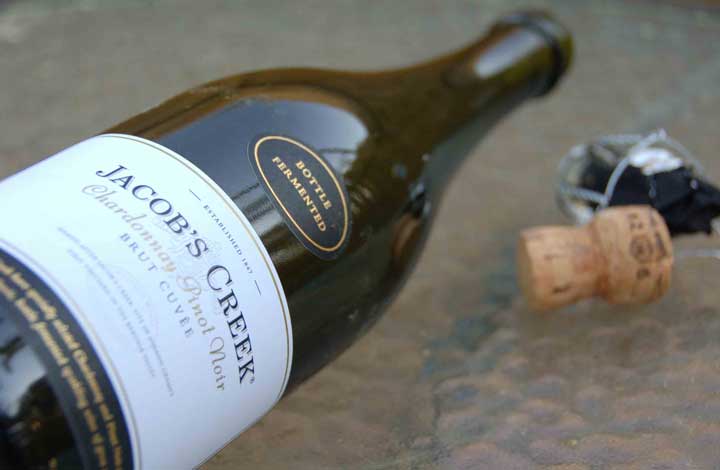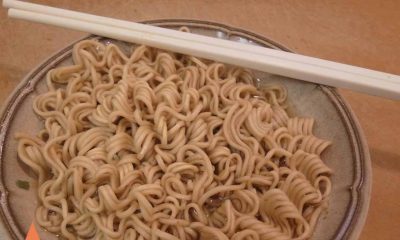India
The Seesaw Story of The Jacob’s Creek Ban in India
While we were focusing our attention on the bans on various instant foods across the country (let’s have a moment’s silence please), another ban story has been unfolding that may have escaped your notice.
The Petition
On July 14th, the Bombay High Court heard a petition presented by a representative for Pernod Ricard India, challenging a ban on a wine they import; Jacob’s Creek, which had been imposed by the FSSAI (they sound familiar, don’t they?). Jacob’s Creek is a premium Australian wine that has been imported to India for over a decade.
From the petition, it came to light that a shipment of the wine had been lying at Mumbai’s port since late last year, as the No-Objection Certificate that would allow distribution in India had not been granted by the FSSAI.
Mehmood Pracha, who was representing the FSSAI in court argued that the wine contained tartaric acid. However, the counsel for Pernod Ricard replied that “tartaric acid is not a prohibited additive under the regulations.” Following this, the High Court announced that it would reserve judgement.
The Interim
While waiting for the judgement, wine importers displayed a sense of unease, wondering whether wine would be the next target in a plethora of bans. In fact, the Indian Wine Academy released an article on its website which stated “With FSSAI shutting down several other ready-to-eat-noodles brands after Maggi, one hopes the wine industry is not in the process of being shut down as well, as some doomsayers have been saying. It further argued that tartaric acid occurs naturally in the wine making process in most warm climates.
The Judgement
Yesterday, justices VM Kanade and BP Colabawalla that had heard the petition spoke in favour of Jacob’s Creek, stating that tartaric acid was not a prohibited substance. Additionally, in a thirty five page judgement they stated “we appreciate the functions and duties that FSSAI undertakes to ensure the safety of food that is consumed by the public. But being the watchdog for the consumer as well as a regulator of the food industry, FSSAI ought not to take an adversarial approach. India’s borders have opened to international business. It is therefore important that the statutory authorities act in a manner that is fair, transparent and with a proper application of mind, so that it encourages foreign investment which ultimately leads to the economic growth of the country.”
The Bottom Line
In short, wine connoisseurs can rejoice, as there’s no ban in sight in the near future. Raise a toast to that!






















